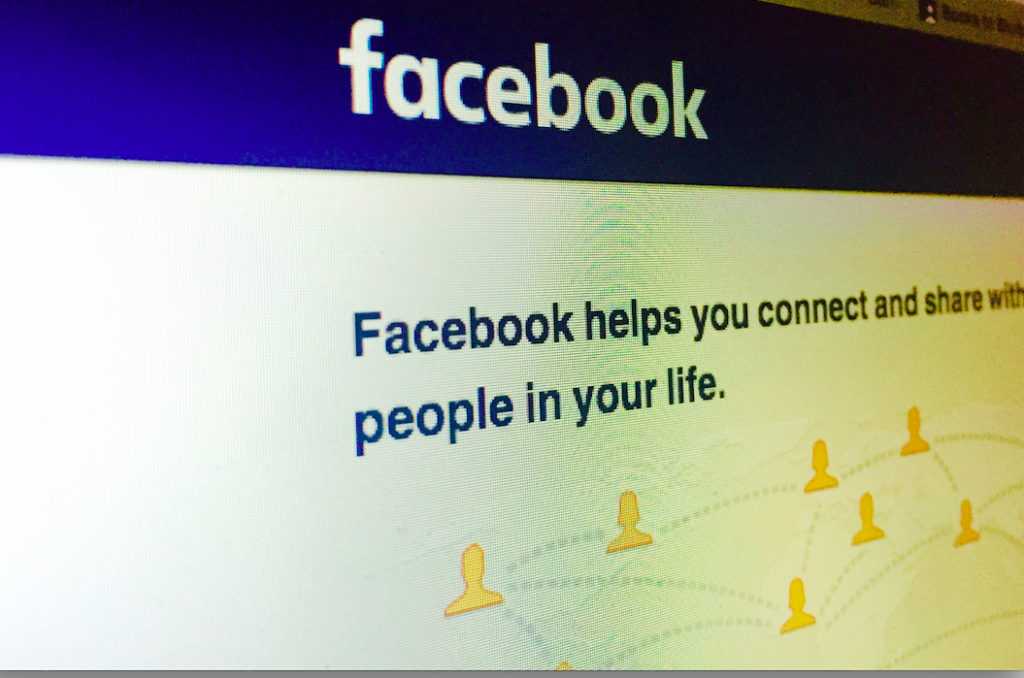
From Letter XIII:
I myself would make it a rule to eradicate from my patient any strong personal tatste which is not actually a sin, even if is something quite trivial such as a fondness for country cricket or collecting stamps or drinking cocoa. Such things, I grant you, have nothing of virtue in them; but there is a sort of innocence and humility and self-forgetfulness about them which I distrust.
The man who truly and disinterestedly enjoys any one thing in the word, for its own sake, and without caring two pence what other people say about it, is by that very fact fore-armed against some of our subtlest modes of attack. You should always try to make the patient abandon the people or food or books he really likes in favour of the “best” people, the “right” food,” the “important” books. I have known a human defended from strong temptations to social ambition by a still stronger taste for tripe and onions.
Read that again carefully, and then think of social media. The goal of Instagram, for example, is to get “Likes” and positive reinforcement on what you post. What an Instagram user learns eventually is that there is a discernible pattern to what gets likes and what doesn’t. Certain kinds of books, certain movies, certain events or even certain other people: There’s a reliable consistency in the formula for winning at social media. The imminent danger then is that we subconsciously learn this formula and begin chiseling our lives accordingly. If we only have time to read one book, it will be a book (we believe) familiar to those who can approve it and think better of us for reading it. We begin to live like what Ayn Rand referred to as “second-handers,” those whose sense of self is secured by the approbation of others.
As the evangelical church recovers the biblical and ancient beliefs about spiritual community, it’s possible that our countering Western individualization of the church can go too far in the opposite direction. If we find our loves and hobbies and questions and interests being gradually subsumed into what we think our spiritual community is loving and doing and asking, we make ourselves vulnerable to what Lewis called “the Great Sin”: Pride. Our efforts to align our identities with those of the people around us will numb our souls to that sweetest and most effective remedy for pride, self-forgetfulness. To lose ourselves in something requires us to stop thinking of how we look to others, which is why Christians should cultivate loves and interests that can be enjoyed alone.
Pick a book to read by an author who hasn’t been recommended to you by a friend, and only talk about it after you’ve finished. Get a hobby or a skill that appeals to you for its own sake, not for how it would sound in conversation. Read Scripture in private without Instagramming your Bible or Tweeting the morning’s passage. You will not only be refreshed and amazed at how much life can be enjoyed when you forget yourself for a moment, you will begin to learn why Jesus commanded us to pray to our “Father who sees in secret.” (Matt. 6:4)











